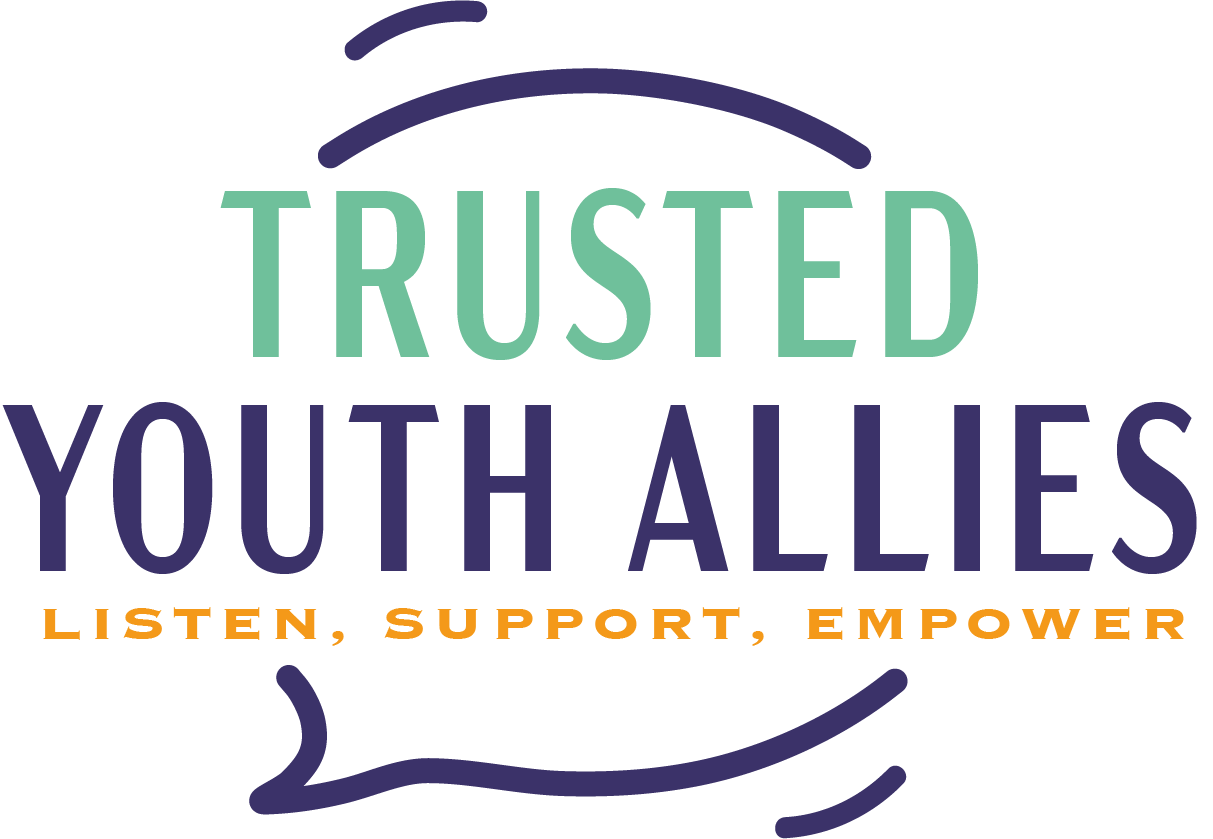Navigating relationships, whether romantic, platonic, or familial, involves understanding and practising key principles such as consent and respect. These principles form the foundation of healthy and fulfilling interactions. This guide provides an overview of both sexual consent and respect in relationships and offers practical advice for incorporating these principles into your interactions.
What Is Consent? In all types of relationships, consent is a voluntary agreement between all parties involved in a particular activity, requiring clear communication, respect for boundaries, and enthusiastic participation.
Key Principles of Consent:
- Voluntary: Consent must be given willingly, without coercion, pressure, or manipulation, based on free choice, and not influenced by threats or promises.
- Informed: Consent requires a clear understanding of what is being agreed to and any potential risks involved, emphasising open and honest communication.
- Explicit: Consent should be communicated clearly and explicitly through words or actions, ensuring mutual understanding and respect for each person’s boundaries.
- Reversible: Consent can be revoked at any time during the activity if someone expresses discomfort or changes their mind, prioritising individual autonomy and well-being.
Practising Consent and Respect:
- Communicate Openly: Have honest conversations with your partner(s), friends, and family members about boundaries, desires, and expectations, fostering mutual understanding and respect.
- Seek Explicit Consent: Always seek explicit verbal consent before initiating any activity, whether physical intimacy, sharing personal information, or making plans.
- Respect Boundaries: Respect the boundaries of others and never pressure or coerce them into anything they’re not comfortable with, paying attention to non-verbal cues and being responsive to signs of discomfort.
- Educate Yourself: Stay informed about consent, respect, and healthy relationships through various resources, empowering yourself with knowledge and understanding.
- Seeking Help and Support: Don’t hesitate to seek help and support if you encounter a situation where consent and respect are not being honoured, reaching out to trusted adults, counsellors, or support groups for guidance and assistance.
By understanding and practising consent and respect in all types of relationships, you can foster healthier, safer, and more fulfilling connections with others, promoting mutual respect, trust, and empowerment for everyone involved. Remember, everyone deserves to be treated with dignity and respect in their relationships.
What to Do If Your Consent is Violated
Experiencing a violation of your consent can be distressing and overwhelming. It’s essential to know your options and take steps to protect yourself and seek support. This article offers guidance on what to do if your consent is violated and provides resources for seeking help and assistance.
1. Remove Yourself from the Situation: If you feel safe to do so, remove yourself from the situation immediately. Distance yourself from the person who violated your consent to ensure your safety and well-being.
2. Assert Your Boundaries: Clearly and assertively communicate your boundaries to the person who violated your consent. Use firm and direct language to express that their behaviour was not acceptable and that you do not consent to any further interaction.
3. Seek Support: Reach out to someone you trust—a friend, family member, teacher, or counsellor—for immediate support and assistance. Talking to someone who can offer empathy, validation, and guidance can be crucial during this challenging time.
4. Document the Incident: Consider documenting the incident, including details such as date, time, location, and any witnesses present. This documentation may be helpful if you decide to take further action, such as reporting the incident to authorities or seeking legal recourse.
5. Access Resources: Take advantage of resources available to you, such as counselling services, victim advocacy organisations, and support groups. These resources can provide emotional support, information, and referrals for additional assistance.
6. Consider Reporting: Depending on the severity of the violation and your personal preferences, you may choose to report the incident to authorities, such as the police or your school’s administration. Reporting can help hold the perpetrator accountable and prevent further harm.
7. Focus on Self-Care: Prioritise self-care and well-being in the aftermath of a consent violation. Engage in activities that bring you comfort, relaxation, and emotional support, and surround yourself with supportive people who believe and validate your experiences.
8. Know Your Rights: Familiarise yourself with your rights. You have the right to seek medical care, access support services, and pursue legal action if you choose to do so. You deserve to be treated with dignity, respect, and compassion.
Conclusion: Experiencing a violation of your consent can be traumatic, but it’s essential to remember that you are not alone. By taking steps to protect yourself, seek support, and access resources, you can begin the process of healing and reclaiming your sense of safety, autonomy, and well-being.

